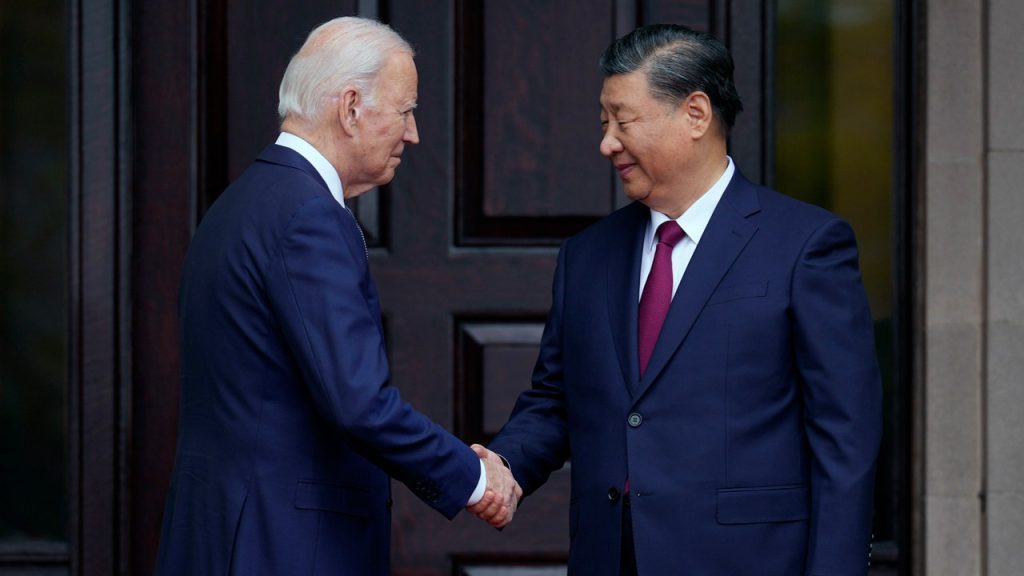Top envoys from the U.S. and China engaged in closed-door talks in Geneva to discuss their national approaches to emerging artificial intelligence technology. These talks, initiated by Presidents Joe Biden and Xi Jinping in 2023, aim to facilitate bilateral dialogue between the two largest economies and geopolitical rivals. U.S. technology experts view the meeting as an opportunity to gain insight into China’s stance on AI, given the country’s generally guarded approach to the technology. Jason Glassberg, an expert on AI threats, expects the meeting to serve as an introductory session that may not yield immediate results but will lay the foundation for future discussions on the potential risks associated with AI, especially concerning deepfakes and disinformation campaigns.
The meeting in Geneva is significant as it represents the first dialogue on AI under an agreement reached during a meeting between Xi and Biden in San Francisco. While the U.S. government aims to establish guidelines for AI development to ensure economic growth and job creation, China has been more restrained in its approach, possibly due to concerns about AI’s military and surveillance capabilities. The U.S. officials plan to propose voluntary agreements with leading AI companies and implement safety tests for AI products to mitigate potential risks associated with the technology. Both sides recognize the risks posed by the weaponization or abuse of AI and understand that cooperation is essential to address these challenges effectively.
Geneva, known for its diplomatic history and international institutions, provides a fitting backdrop for the AI talks between the U.S. and China. The city hosts the International Telecommunications Union’s “AI for Good” conference, highlighting the growing importance of AI in various global discussions. The Swiss city’s role in facilitating dialogue underscores the need for international cooperation in addressing the complexities of AI technology. While the meeting may not lead to immediate outcomes, it sets the stage for ongoing discussions on the implications of AI for trade, culture, politics, national security, and defense, among other areas. Both countries recognize the interconnected nature of AI’s impacts and the need for shared approaches to navigate its challenges effectively.
The U.S. State Department seeks assurances from China and Russia that AI technology will not be used to control nuclear weapons, emphasizing the importance of maintaining human oversight in such critical areas. While the specifics of the talks remain undisclosed, the meeting signals a growing awareness of the potential risks associated with AI development and deployment. As technology continues to advance rapidly, the dialogue between the U.S. and China on AI underscores the importance of transparency, cooperation, and shared responsibility in harnessing the benefits of AI while mitigating its potential risks. By engaging in discussions on key issues such as deepfakes and disinformation campaigns, both countries demonstrate their commitment to addressing emerging challenges in the AI landscape.
Overall, the talks between the U.S. and China in Geneva represent a crucial step in establishing a dialogue on AI governance and regulation. As two major players in the global AI landscape, both countries recognize the need for coordinated efforts to address the multifaceted implications of AI technology. By laying the foundation for future cooperation and collaboration, the meeting sets a precedent for continued engagement on AI issues and underscores the shared responsibility of governments, industry leaders, and international stakeholders in navigating the complexities of AI technology. As the AI landscape continues to evolve, dialogue and cooperation between nations will be essential in shaping a sustainable and ethical framework for AI development and deployment on a global scale.


